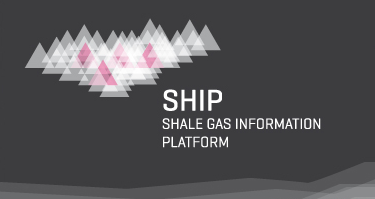The Core Team
of the SHIP initiative

Prof. Brian Horsfield
Head of GFZ Section Organic Geochemistry
phone: +49 331 6264 1780 ship@gfz.de class="mail">[e-mail]

Dr. Andreas Hübner
GFZ Section Organic Geochemistry
[e-mail]

Dr. Ingo Kapp
GFZ Scientific Executive Board
phone +49 331 6264 1025 [e-mail]
Expert Network
The Shale Gas Information Platform relies on a network of international experts who share their expertise on different aspects of shale gas. The network is brought together by the GFZ German Research Centre for Geosciences.
 Dr. Martin Elsner
Dr. Martin ElsnerInstitute of Groundwater Ecology
Helmholtz Zentrum München – German Research Center for Environmental Health
Munich, Germany
 Helen Etchanchu
Helen EtchanchuESSEC Business School
Cergy, France
 Joanna Hanson
Joanna HansonIndependent Academic
London, UK
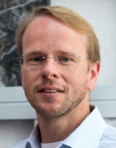 Prof. Dr. Michael Kühn
Prof. Dr. Michael KühnSection Hydrogeology
GFZ Potsdam, Germany
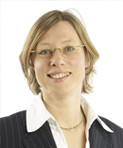 Dr. Grit Ludwig
Dr. Grit LudwigHelmholtz Center for Environmental Research GmbH - UFZ
Department Environmental and Planning Law
Leipzig, Germany
 Boris Martor
Boris MartorEversheds LLP
Paris, France
 Mathias Mitschanek
Mathias MitschanekFaculty of Deep Drilling Technique
University Leoben, Austria
 Prof. Michael Prohaska
Prof. Michael ProhaskaFaculty of Deep Drilling Technique
University Leoben, Austria
 Philipp M. Richter
Philipp M. RichterGerman Institute for Economic Research
DIW Berlin, Germany
 Andrzej Rudnicki
Andrzej RudnickiPolish Geological Institute
Warsaw, Poland
 Prof. Dr. H. Rueter
Prof. Dr. H. RueterHarbourDom Consulting
Cologne, Germany
 Ewa Rutkowska-Subocz
Ewa Rutkowska-SuboczEnergy & Natural
Resources Group
Dentons, Warsaw, Poland
 Prof. Susan L. Sakmar
Prof. Susan L. SakmarUniversity of Houston Law Center
Houston, U.S.
 Yvonne Schavemaker
Yvonne SchavemakerNetherlands Organization for Applied Scientific Research TNO
Utrecht, NL
 Kathrin Schreglmann
Kathrin SchreglmannInstitute of Groundwater Ecology
Helmholtz Zentrum München – German Research Center for Environmental Health
Munich, Germany
 Ref. jur. Anna Alexandra Seuser
Ref. jur. Anna Alexandra SeuserDept. of Public Law
University of Trier
Trier, Germany
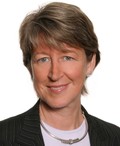 Elizabeth Shepherd
Elizabeth ShepherdEversheds LLP
London, UK
 Prof. Michael H. Stephenson
Prof. Michael H. StephensonBritish Geological Survey
Nottingham, UK
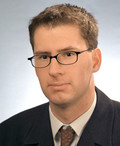 Michal Tarka
Michal TarkaFaculty of Law, Adam Mickiewicz University (UAM)
Poznań, Poland
 Prof. Gerhard Thonhauser
Prof. Gerhard ThonhauserFaculty of Deep Drilling Technique
University Leoben, Austria
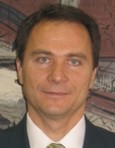 Prof. Radisav D. Vidic
Prof. Radisav D. VidicDpt. of Civil and Environmental Engineering
University of Pittsburgh, U.S.
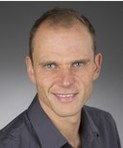 Dr. Thorsten Warneke
Dr. Thorsten WarnekeInstitute of Environmental Physics
University of Bremen, Germany
 Dr. Ruud Weijermars
Dr. Ruud WeijermarsFaculty Civil Engineering and Geosciences
TU Delft, NL
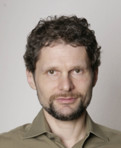 Dr. Bernd Wiese
Dr. Bernd WieseCentre for Geological Storage
GFZ Potsdam, Germany
What is the Shale Gas Information Platform SHIP?
With its Shale Gas Information Platform SHIP, the GFZ German Research Centre for Geosciences is engaging in the public discussion of technical and environmental issues related to shale gas exploration and production.
Research institutions such as GFZ play an active and defining role in the pursuit of more sustainable operating practices. The Shale Gas Information Platform brings these issues into the public domain.
With News, Basic Information and Expert Articles, SHIP features the scientific perspective within the current debate, adding factual argument to the pros and cons discussed publicly.
Read more on the Importance of independent science in the shale gas debate (Mike Stephenson, BGS).
Motivation
While completely replacing fossil energy resources with renewable energies is the goal of nations worldwide, and also of the European Union, technical and economic arguments dictate that a diverse energy mix will remain in force for the foreseeable future. As it is the cleanest burning fossil fuel, natural gas currently features prominently in practically all national energy portfolios. Shale Gas now plays a major role in North American natural gas supply and countries worldwide are reviewing their shale gas potential.
Although much is known about the use of individual technologies, more research and development is needed to create a more eco-friendly shale gas production process. However, opinions on environmental risks diverge strongly: Risks are minor and controllable according to industry, while environmental groups often claim the opposite. The Shale Gas Information Platform SHIP aims to add a scientific perspective to the discussion on technical and environmental issues related to shale gas exploration and production. [read more]
Funding
Prior to May 2013, the Shale Gas Information Platform was funded by the German Federal Ministry of Education and Research (project "GeoEn") and the GFZ German Research Centre for Geosciences. From May 2013 to December 2014 the project was funded by the Helmholtz Association of German Research Centres. In March 2015 the GFZ German Research Centre for Geosciences provided further funding for the project.

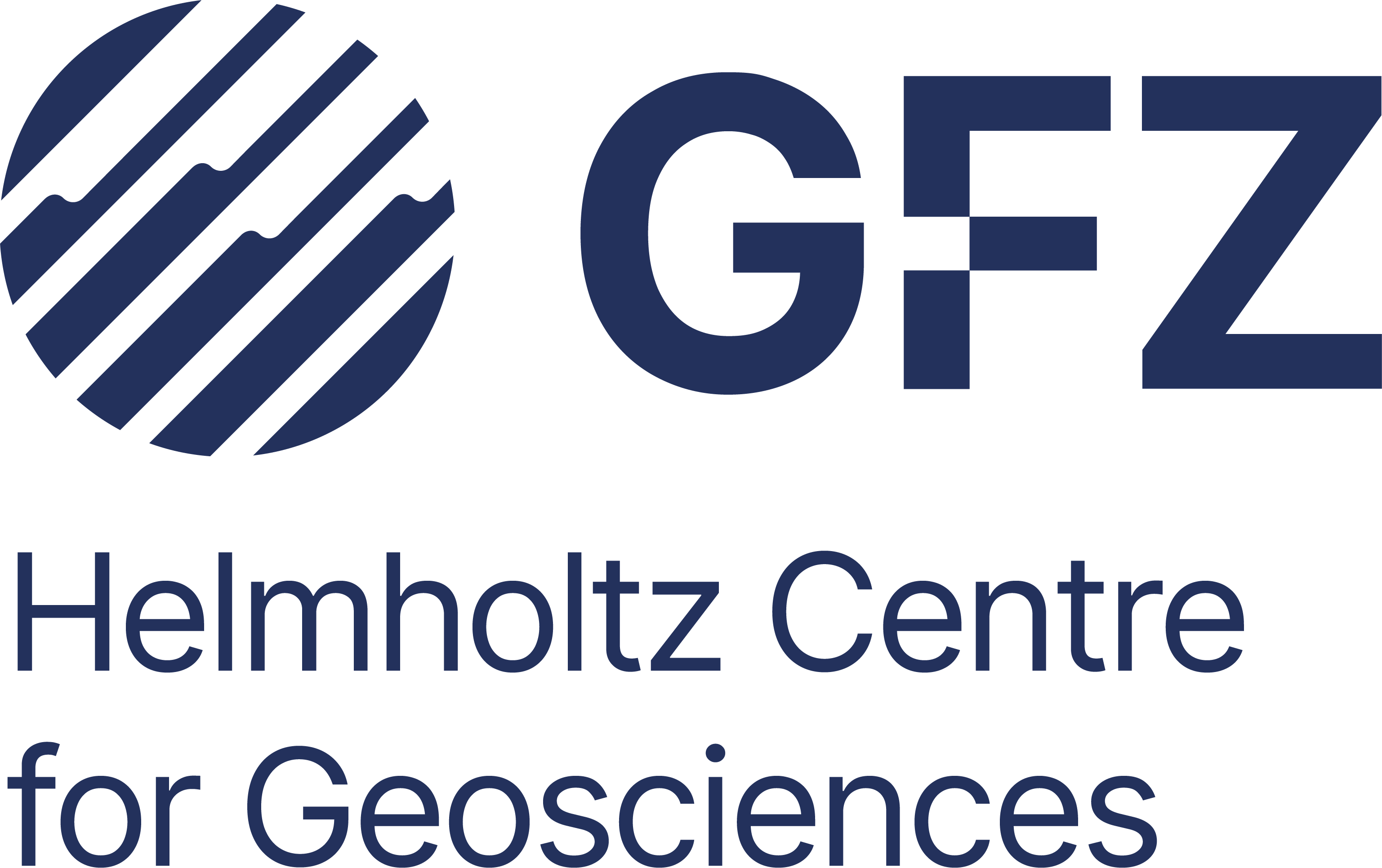

Institutional background
GFZ, the national research centre for Earth Sciences in Germany, is a member of the Helmholtz Association, which has nearly 37,000 employees working in 18 research centers and an annual budget of approximately 4 billion euro, making it Germany’s largest scientific organization. The Helmholtz Association´s 18 scientific-technical and biological-medical research centers pursue long-term research goals on behalf of the state and society. SHIP is part of GFZ´s and the Helmholtz Association´s portfolio of activities in energy-related research and outreach.




